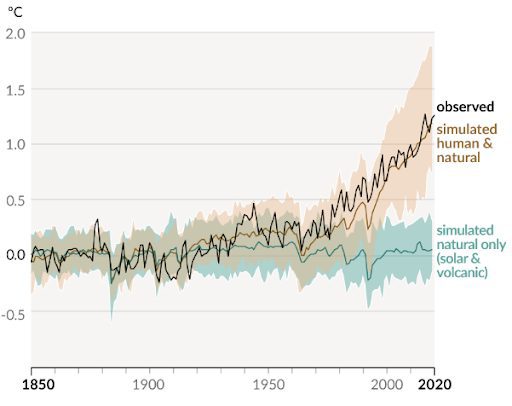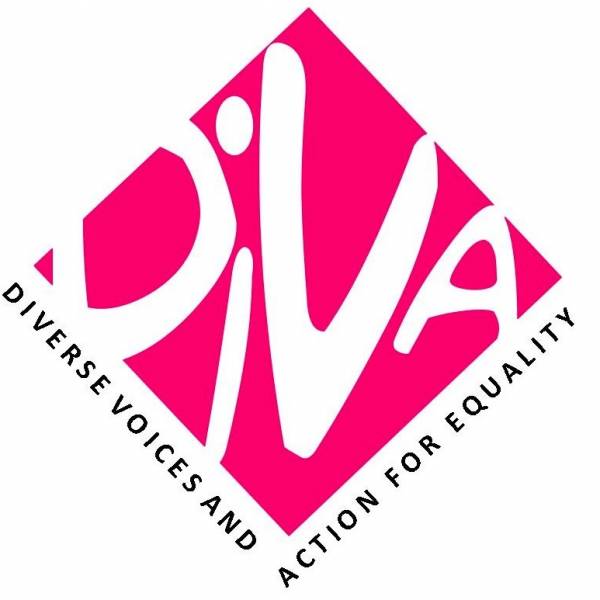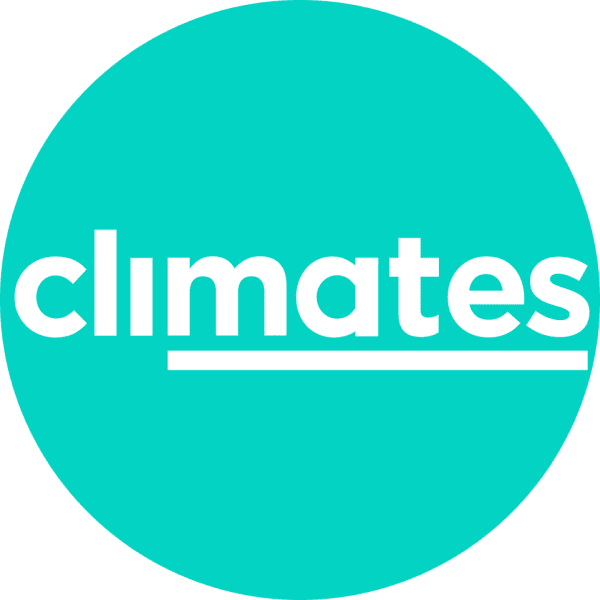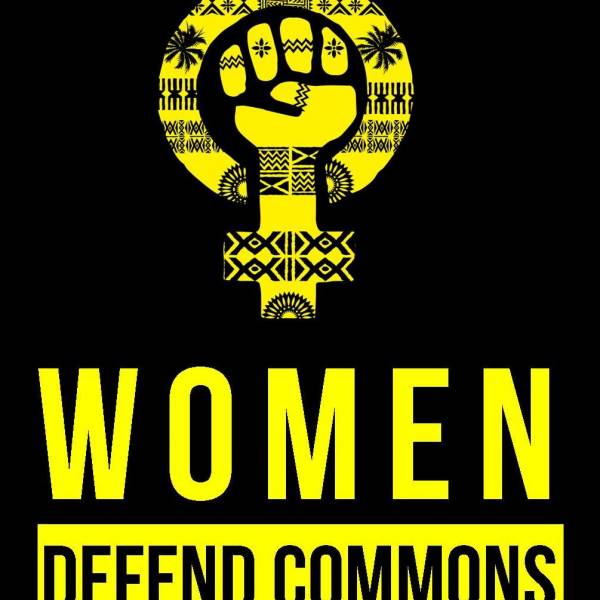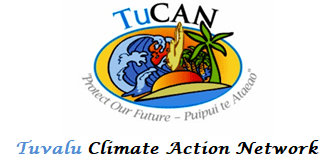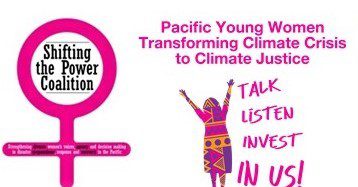350
The people and communities of the Blue Pacific are living in a climate emergency, a crisis that, sadly, continues to be ignored by many Parties, including those nearest to our islands, in the lead-up to COP26. We demand Justice and Action now.
As the organizations closest to and supporting Pacific Island people and communities, we reaffirm our role to put strong pressure on Leaders in the Pacific to step up, coordinate and demand transformational and just action from the global community at COP26.
The Pacific must lead the charge using our Pacific culture, tradition, and wisdom of ecological and social stewardship to bring us through the current global climate catastrophe. We are committed to a climate-stable Pacific future that is unified, intersectional, and intergenerational.
On behalf of Pacific peoples, communities, and CSOs, the Pacific Islands Climate Action Network (PICAN) makes the following demands to the Parties of the twenty-sixth session of the Conference of the Parties (COP 26) and the third session of the Conference of the Parties serving as the meeting of the Parties to the Paris Agreement (CMA 3).
Contents
Top Line Messages
- Fossil fuels are fossils, keep them in the ground to save the Pacific! No new coal, oil, or gas projects, and an immediate end to all fossil fuel subsidies, everywhere.
- Show real commitment, your NDCs must limit global heating to 1.5 degrees, we’re already out of time in the islands. Sustained, radical, and socially just cuts to emissions are required now, not later.
- Show us the money! Mobilize all of the promised US$100 billion annually until 2025, and agree that Polluters must Pay the trillions actually needed for resilient Pacific peoples and communities.
- Loss and Damage is life and death in the Pacific: Your political will is required now to finance and deliver support to the Pacific people who are already losing everything.
- Climate change is a symptom of deeper injustice and inequalities. Gender justice and women’s human rights and empowerment is a precondition for climate, social, economic, ecological, and climate justice
- Climate justice will prevail. Your emissions are already responsible for the loss of universal human rights, and environmental rights of Pacific people, communities, and ecosystems. We will see you in courts of law, and in all other forums, to protect and retain our Rights.
- Global climate negotiations at COP26 must be inclusive, intersectional, and intergenerational: Do not dare to marginalize the voices of Pacific Island peoples.
A Successful COP26 Package

To ensure the survival of Pacific people and societies, decisions at COP26 must ensure a package that:
-
- Ambitiously and definitively closes the current emissions gap to keep global heating under 1.5 degrees, with an acceleration of emission reductions led by those with the biggest responsibility and capacity, and centered on social justice, human rights and ecosystem integrity.
Pacific CSO Policy Alignment
 Pacific CSOs stands in strong solidarity with the people and governments of the Pacific Islands and Global South who are calling for transformative action to address the climate crisis. Pacific CSOs endorse and support the following statements and declarations:
Pacific CSOs stands in strong solidarity with the people and governments of the Pacific Islands and Global South who are calling for transformative action to address the climate crisis. Pacific CSOs endorse and support the following statements and declarations:
COVID19

The COVID-19 global pandemic, like the climate crisis, knows no borders and is exacerbating inequalities from a broken economic system in which profit is tantamount, it accumulates in a few hands and the majority are left struggling to achieve a decent quality of life. As decision-makers continue to take steps to ensure relief and long term recovery, it is imperative that they consider the inter-related crises of wealth inequality, racism, and ecological decline – notably the climate crisis, which were in place long before COVID-19, and now risk being intensified.
Science and 1.5°C

Scientists have become increasingly clear about the threat posed by climate change and humanity’s role in causing it.
The IPCC’s latest AR6 Working Group 1’s report on the physical science basis is a code red for humanity, and a death knell for the people and communities of the Pacific Islands. In all five illustrative scenarios assessed in the report, scientists expect the world to reach or exceed the 1.5C warming threshold within the next 20 years.
No More Fossil Fuels
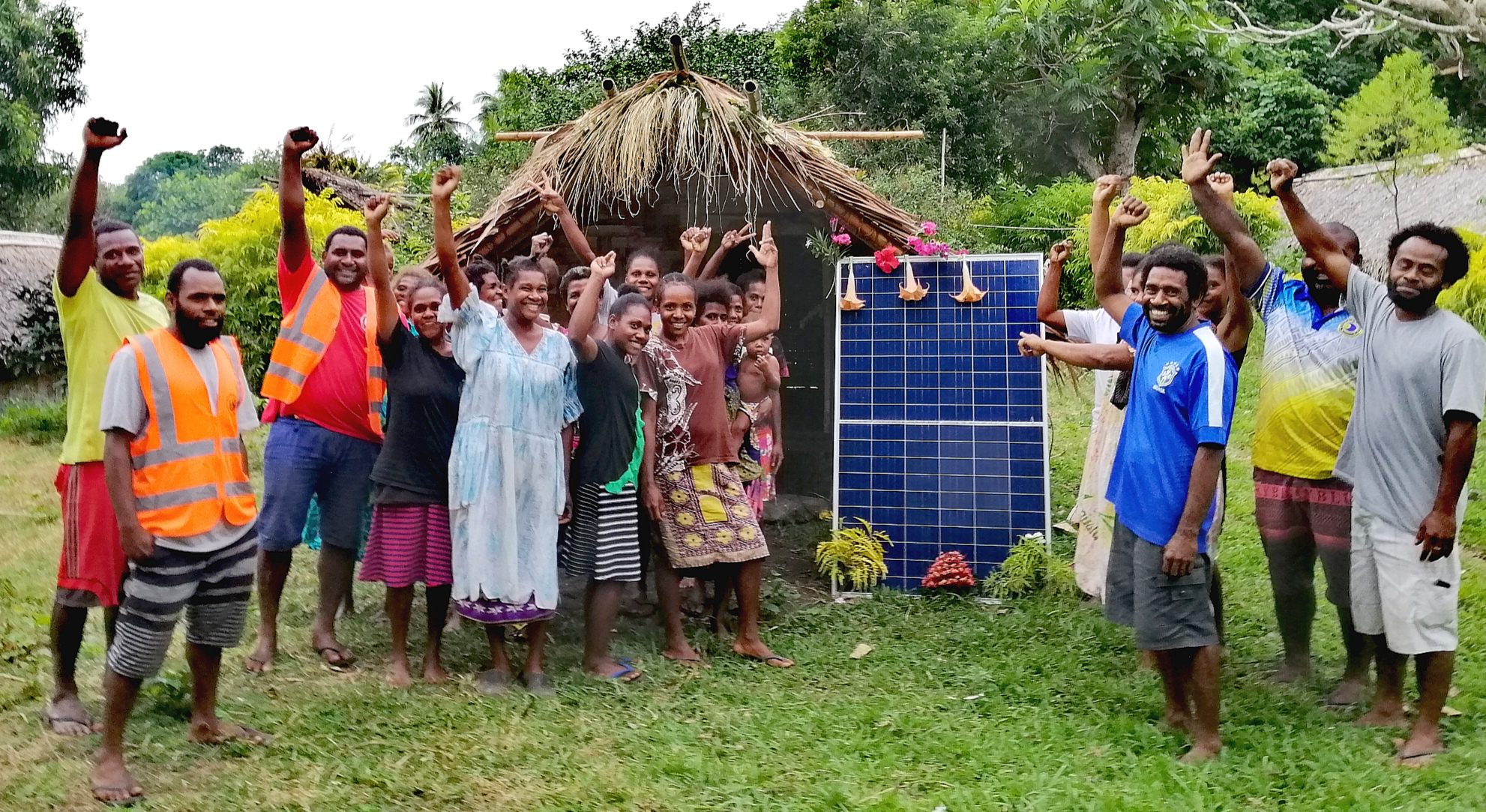
Limiting global average temperature rise to 1.5°C above pre-industrial levels requires ending the expansion of fossil fuel production. Following a 1.5°C compatible trajectory implies approving no new oil and gas fields or coal mines for development. Additionally, it requires implementing a rapid phase out of existing production. Developed countries must lead the way in phasing out production fastest.
Nationally Determined Contributions (NDCs)

Limiting global average temperature increases to 1.5C requires a minimum reduction of CO2 emissions of at least 50% by 2030 to stave off even more catastrophic loss and damage for island families and communities. Current global NDCs put the world on a pathway for a temperature rise of more than 2.7C by the end of the century, and a rise in global emissions of 16% by 2030, a devastating scenario for the Pacific Islands. IPCC AR6 WG1 and SR1.5 reports articulate that meeting the 1.5ºC limit is still possible, but only if global emissions fall rapidly and sustainably in the next few years and these reductions are codified in the most ambitious NDCs possible.
Climate Finance
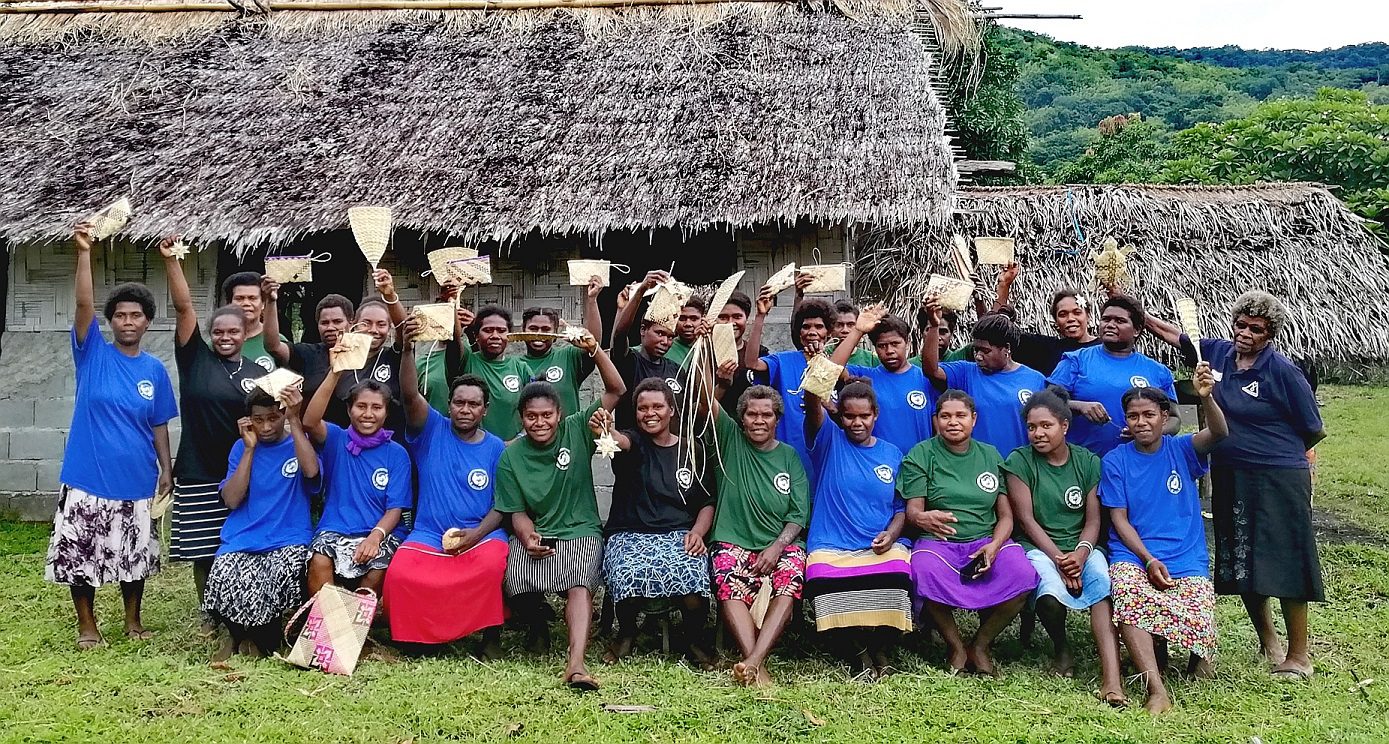
Finance available to the Pacific for climate change is woefully insufficient, just 0.28% of the global total reached our islands in 2019. The actual value of mobilized climate finance reported by donors is likely overestimated, possibly by more than 30%. Even if the target of 100 billion per year is met, there is a major shortfall in finance needed in the Pacific. In the Pacific, most funds received are not yet reaching those most in need, and there is limited data and baseline information on the use and effectiveness of the funds at national level. Without drastically upscaled finance, the Pacific cannot meet its climate targets or sustainable development goals, enable adaptative action and resilience in our communities, or respond to the devastating levels of loss and damage we face.
Article 6 Carbon Markets
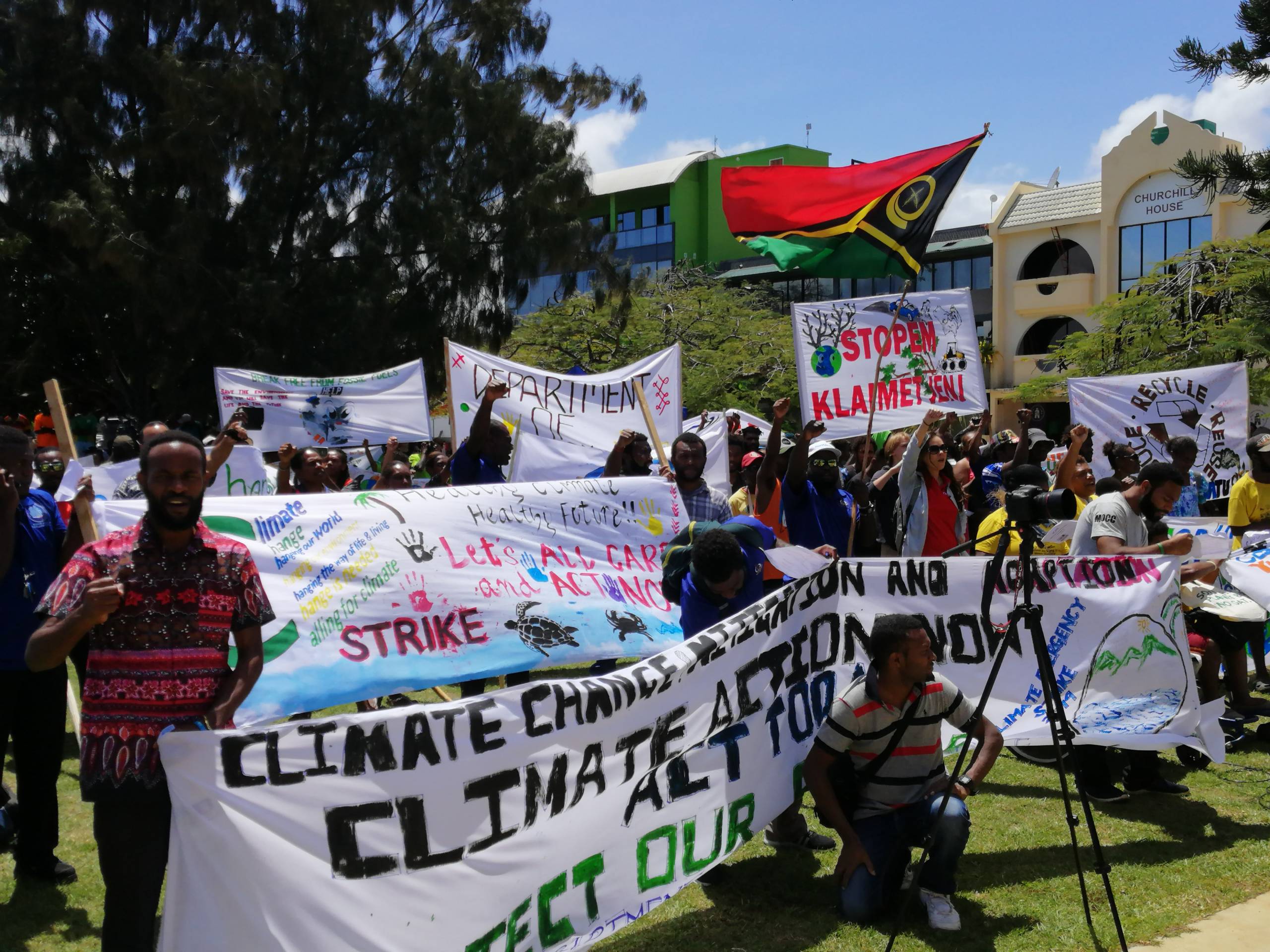
Carbon markets are ineffective at reducing climate pollution. They have been gamed to benefit polluters, failed to decrease emissions in line with science, led to increased emissions in many cases and have been plagued by fraud, creative accounting, and a lack of environmental integrity. Carbon markets perpetuate environmental racism, compromise human rights, and undermine healthy, sustainable, and resilient communities and food systems. Inadequate safeguards have led to violations of the rights of Indigenous Peoples and forest dwellers, land rights conflicts, and environmental devastation. The science is clear that greenhouse gas reductions must be absolute reductions without any possibility of offsets.
Transparency
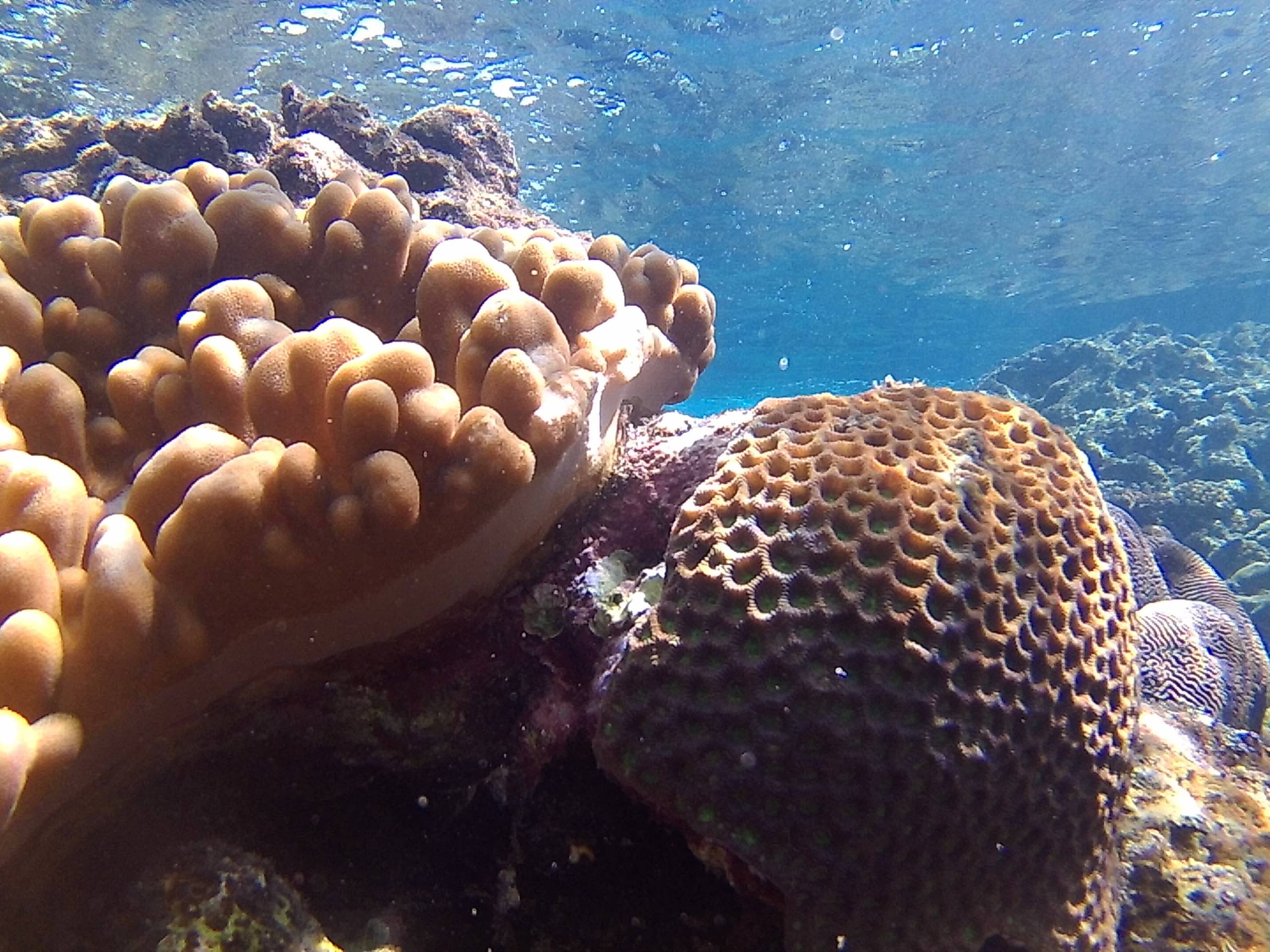
The Paris Agreement’s Enhanced Transparency Framework (ETF) is intended to demonstrate how countries are progressing on reducing emissions, building resilience and mobilizing financial, technical and capacity building support and highlight where they need further support to achieve their goals. Importantly, Article 13 gives developing countries, including in the Pacific, flexibility taking into account our limited reporting capacities. A clear understanding of the use of flexibility allowances under modalities, procedures and guidelines (MPGs) will ensure comparability and consistency.
Loss and Damage
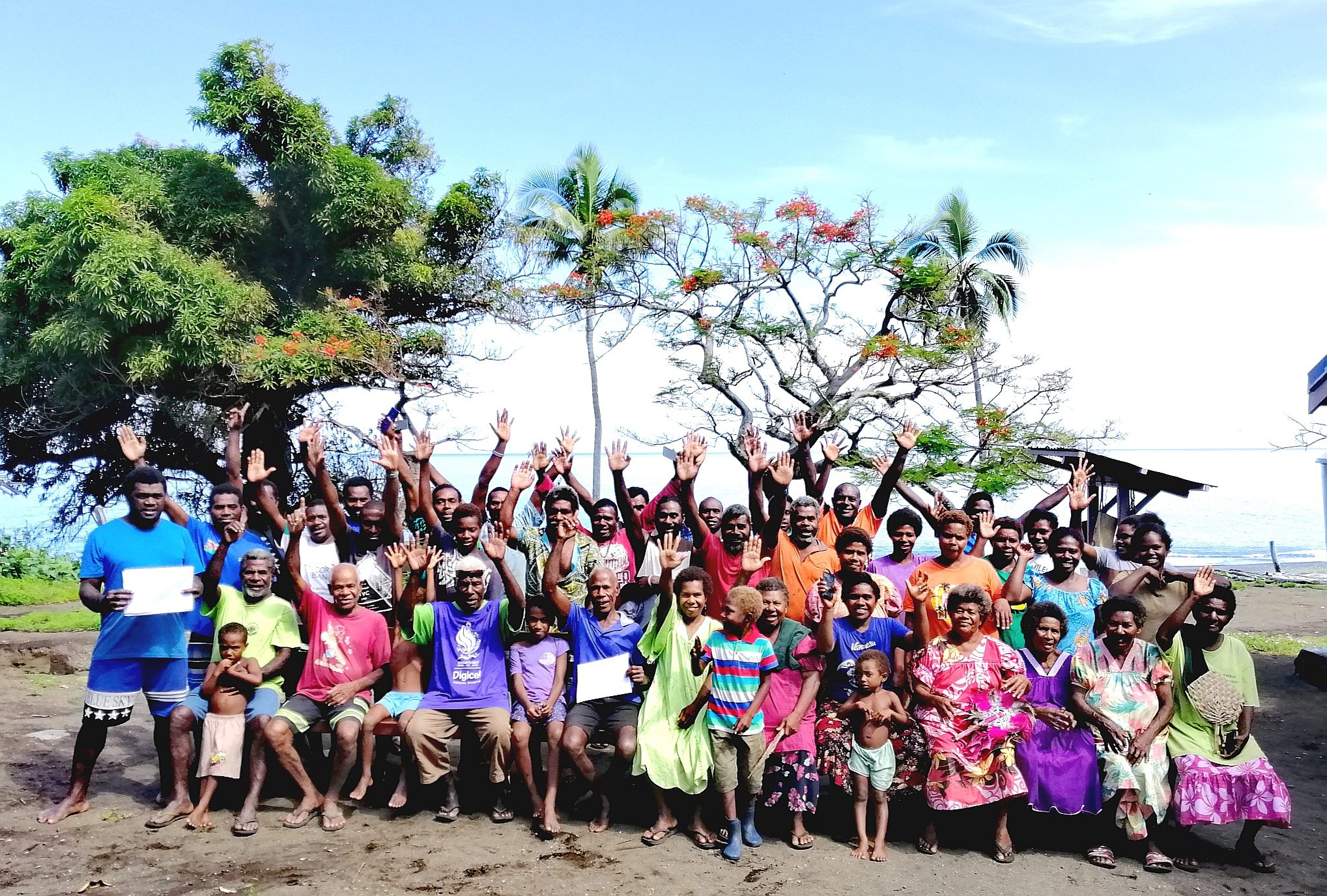
The Pacific Island are well into the era of loss and damage from climate change. Every year, unprecedented extreme events, and low onset hazards, cause billions of economic and non-economic loss to our island homes, community infrastructure, food and water sources, livelihoods, cultures, identifies and lives. COP26 must respond, and take the Warsaw International Mechanism on Loss and Damage into a new action-based direction beyond dialogues, taskforces and clearinghouses.
Adaptation

The Global Goal on Adaptation is a pivotal component of the Paris Agreement, pointing the world toward enhancing adaptive capacity, strengthening resilience and reducing vulnerability to climate change. For the people and communities. Treating adaptation purely as a domestic concern undersells the vision of the Paris Agreement and prevents the Pacific from harnessing the benefits of multilateralism in order to pursue it.
Oceans

Of particular importance to the Blue Pacific Continent is the ocean-climate nexus. The ocean is central to everything we represent as a region. The Ocean is the living blue heart of our planet. It is our common heritage, but also our common responsibility. We are its guardians. We recognize its significance and its essence as the basis of our Pacific identity and wellbeing. We Are the Ocean. In its preservation, we are preserved. Climate change is putting the fundamental needs of ocean dependent Pacific communities at risk. Pacific civil society recognizes that the ocean-climate-biodiversity nexus is holistic; protection of one cannot be at the expense of the other, and that radical ambition is required.
Gender, Inclusion and Diversity

In the Pacific, there are substantial gaps and obstacles to addressing gender injustice, including in the decision-making processes of climate justice. It is paramount that UNFCCC negotiations are undertaken with a gender-responsive perspective that considers gender justice, women’s human rights, universal human rights and socio-economic, ecological and climate justice as the core of development justice and sustainability.
Youth

Young people from the Pacific Islands and across the world have the energy and knowledge to drive climate action, but need more collaboration and investment from decision-makers at the national and international level. Currently our Pacific youth are self-organising, disrupting and creating movements to drive community, national, regional and global action to accelerate climate adaptation and build a resilient future. However the absence of Pacific young people’s voices in decision-making is deafening, as they face systemic and structural barriers, due to political, economic and socio-cultural contexts at all levels.
Human and Nature Rights

Climate change has profound impacts on a wide variety of human rights of Pacific people, including the rights to life, self-determination, development, food, health, water and sanitation and housing. Climate change is a human rights problem and human rights frameworks and international laws must be part of the solution. Climate change is undermining the human rights of all persons in the Pacific, with vulnerable and marginalised groups − the indigenous people, youth, people with disabilities, persons of diverse sexual orientation, gender identities and expressions [Lesbian, Gay, Bisexual, Transgenders & Intersex] and elderly people – are disproportionately affected.
PICAN is an informal Network linking civil society organizations working on climate change. Since 2013, it has brought together civil society actors across the Pacific Island countries, advocating for climate justice and environmental integrity. PICAN aims to unite civil society under a common voice to increase the influence and impact of their advocacy demands on Pacific Island governments, leading non-Pacific governments to respond with more powerful and ambitious climate change policies and action at the national and regional level. As part of CAN, the worldwide network of over 1,500 Non-Governmental Organizations (NGOs) across the world, PICAN works to ensure the Pacific Island civil society is represented at the international level.
PICAN recognizes the unique challenges that Pacific island civil society organizations face in their work (remoteness, low population sizes, isolation from international networks, vulnerability to environmental and economic shocks), and the high degree of vulnerability of Pacific people and communities; in particular, from our geographical remoteness, the small scale of our economies, high costs and the adverse effects of climate change and natural disasters, and increasing loss and damage from permanent and irreversible impacts of human-induced climate change.
Visit us at www.PICAN.org to know more about and support the incredible work of Pacific Island civil society
Add your name
If you support the Pacific Islands Climate Action Network’s policy demands, please sign and share.
This is a time to be decisive in saving lives and bold in charting a path to a genuinely healthier and more equitable future through a just recovery.
Once you sign up, we will keep you updated on ways to keep supporting and upholding these ambitious actions yourself, where you live.


